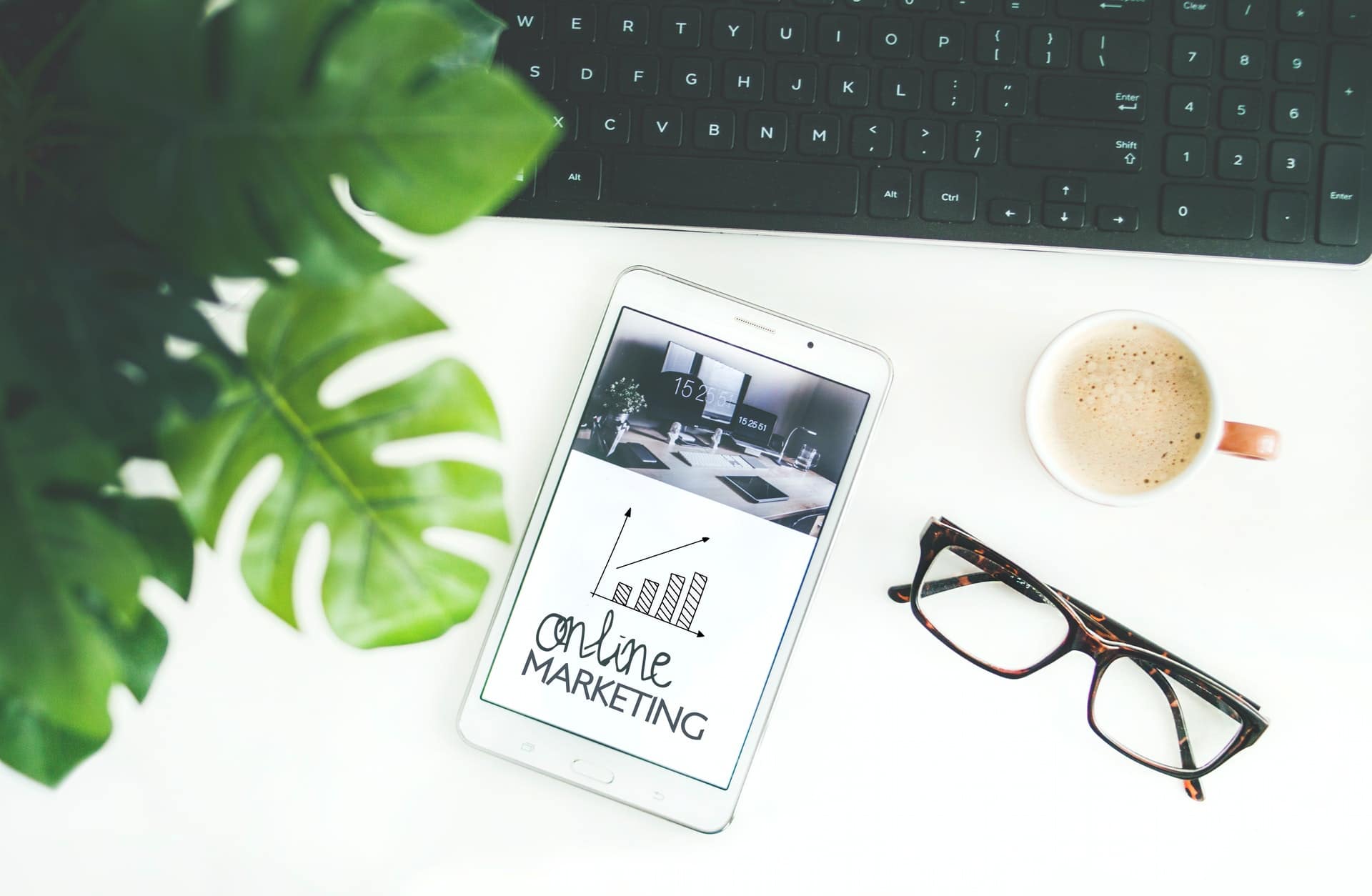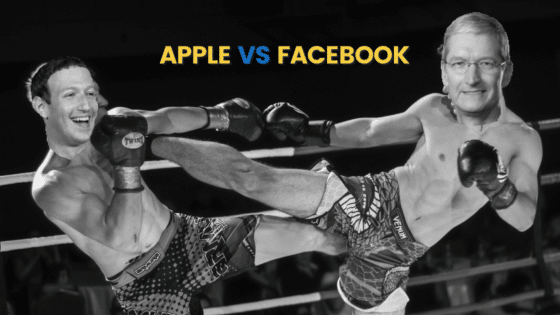The use of artificial intelligence in marketing has caused exponential progress over the years. It is seen by most as the future of the marketing industry as a whole. With AI, the development of chatbots progressed. User queries and concerns are attended to at any time of the day without the need for human supervision or guidance.
Furthermore, AI is able to see, predict, and analyze marketing micro trends that are proving to be essential for a company’s budget allocation. Companies that utilize this innovation are saying goodbye to unnecessary marketing strategies.
With all these benefits that come with the use of said technology, the fear of it replacing actual marketers is also on the rise. If an AI system can do a person’s job accurately, then clearly it should replace the worker, right? Actually, no. Here are the reasons why AI will not completely take over the roles of marketers over the next decades.
Is AI Taking Over Marketers?
With artificial intelligence slowly being integrated into our everyday life, the threat of automating basic jobs is rising. Some jobs may be irrelevant in the future because robots can do a better job than they do with a fraction of the price.
Admittedly, artificial intelligence is a helpful tool. But at the end of the day, it’s still a tool controlled by another human. Here are the reasons why real-life marketers are superior compared to AI.
Creativity
A person’s hallmark is rational thought accompanied by creativity. Creativity is inherent in humans and animals, but not in robots and coded systems. The first reason why AI will never fully replace marketers is they do not have a knack or any sense of creativity.
Marketing may involve data, trends, and analytics, but there is more to the industry than numbers. Marketing and advertising is a highly creative industry. A marketer’s creative direction will turn and translate consumer behavior trends into something beneficial for the company.
It is also a human’s creativity that will produce flavorful and catchy content that is sure to bring people in. People are behind catchy Instagram posts, tweets, and hashtags. The system, however, makes sure that these posts are posted during optimal windows for maximum social media engagement. Consequently, this is also the first proof of why humans and AI work better together.
Strategy Formulation
The next reason why AI can never take over is that it cannot create the next steps and strategies for a business’ marketing course. Before pushing through with marketing strategies, there are countless other elements to consider.
Marketing Strategies consider more than just trends. Take consumer behavior for example. AI can only predict so much when it comes to consumer behavior because it’s always changing. Only marketers can integrate consumer behavior into the marketing strategy because it demands empathy and relatable experience.
Interpret results
While an automated system can provide results of several analyses over a short time, a marketer will make sense of it in the end. Say, for instance, a firm is conducting marketing research. Data gathered will be processed with the use of software and produce reports that can be used to make decisions. At the end of the process, only a marketer can decide how to proceed from here.
This process of comprehension is way beyond the limits of artificial intelligence. This is something that requires historical data or other forms of knowledge that are not included in the system’s database.
Personal Touch Branding
Effective contemporary marketing relies heavily on emotions. Appealing to the users’ emotions is not a new strategy. It’s one of the oldest ones. But, time and time again proves that it is a timeless strategy. Adding a personal touch to one’s branding is a surefire way to attract more clients.
The rationale behind this is to associate a positive emotion to a product through effective marketing and advertising efforts. So, when a client sees the product, they will have a positive impression towards it. It is a basic example of Classical Conditioning in Advertising.
Something as straightforward as this, however, can only be done by a well-seasoned marketer. A marketer knows how to appeal to the emotions of the viewers in a way that is subtle, yet highly effective. The role of artificial intelligence is to collect and provide data about the consumers’ current perception of the brand. A marketer can then take over and formulate strategies based on the data collected.
Prediction
Artificial intelligence is very good at predicting upcoming trends in marketing. But veteran marketers also specialize in identifying how these trends are affected by consumer behavior.
Consumer behavior, for one, can be quite unpredictable. What may seem to be a start of a surge may actually be a fad that will die down eventually.
Seasoned marketers are able to distinguish between long-lasting trends and short-lived ones. They usually invest more in long-lasting trends and only invest in short-lived ones if they know that the risk is worth it.
Seasoned marketers can make instant and risky decisions because they have their experience to back them up. This decision-making process is currently not available in standard AI.
The Future of Marketing with AI
The future of the marketing industry is definitely brighter with the use of artificial intelligence. The innovation with the 24/7 chatbots is just the beginning of countless others that will help lighten the workload of marketers. They can leave repetitive work to AI and focus on work that needs higher-order thinking.
Even the technology behind the chatbot is still limited. Chatbots can only accommodate common customer issues and concerns and provide standard solutions. When the issue gets too intricate, it still circles back to relying on the knowledge of a human representative.
AI is simply an aid for now. A tool that improves productivity by taking on repetitive tasks. It may evolve into something more soon, but for today, its impact and use don’t mean that human manpower for marketing will be replaced.
Final Takeaways
Artificial intelligence is slowly becoming a key and staple technology in several industries including marketing and advertising. Like the others, there is also the rising fear of it taking over existing jobs. But, to make it clear, AI is here to lessen the current burden of the marketers and not to take over. No matter how advanced this technology can get, it cannot provide the fundamental elements of the industry, which largely relies on creativity and human connection.
Dan has hands-on experience in digital marketing since 2007. He has been building teams and coaching others to foster innovation and solve real-time problems. Dan also enjoys photography and traveling. Follow him on LinkedIn.



















